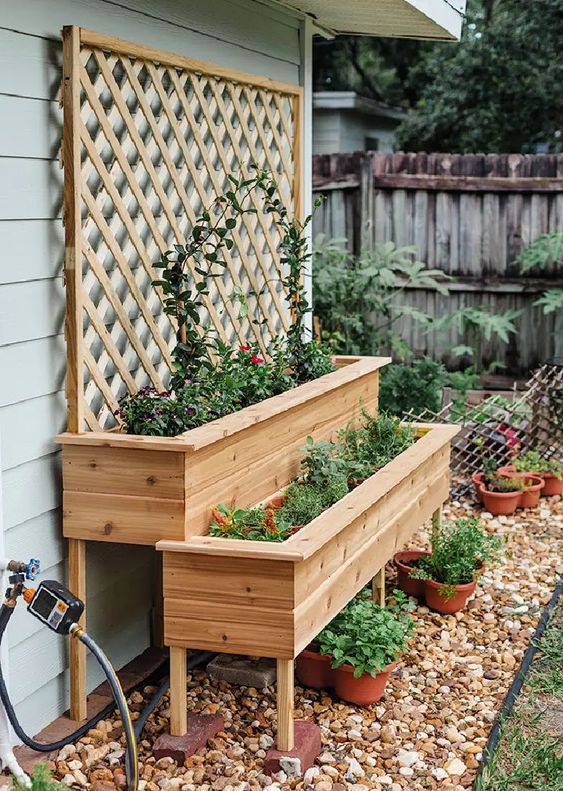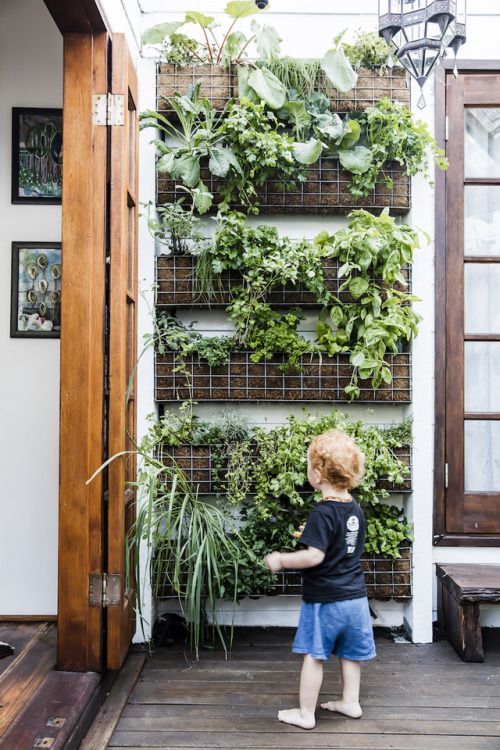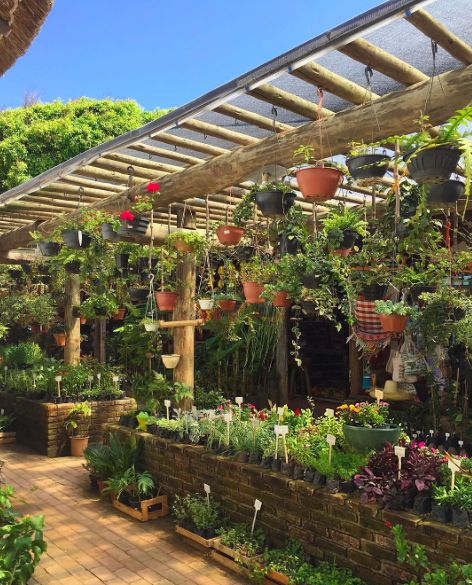Heyku.me – When planning an outdoor kitchen, consider the benefits of cultivating an herb garden. The outdoors provides natural humidity and rain that culinary herbs need. Indoor winter air is often dry, so they can benefit from misting the foliage every two to three days. During the winter months, be sure to avoid overwatering your herbs. A good rule of thumb is to water your garden about once a week or less depending on the time of year.
Tips In Choosing Herbal Plants For Outdoors
Depending on the size of your outdoor kitchen, you can choose the number and type of herbs. A small garden with nine herbs will produce a high-quality crop of herbs that you can use almost daily. Using a variety of herbs will make everything taste better. You can even use a chalkboard finish, which would make Joanna Gaines proud. If you have fence posts, building an herb garden is an easy task.
Before you start planting, think about the types of herbs you plan to grow. Consider which ones you want to use most. If you’re planting culinary herbs, you might want to select a six-foot-square plot. You can also consider planting annual flowers and vegetables on a larger plot. Location is important, as herbs need at least six hours of sunlight daily. Good drainage is also essential. It’s also important to plan for watering – herbs don’t do well in cold temperatures.

For small spaces, consider wall-mounted planters or pots. These can accommodate a variety of herbs, as well as a container for your herb garden. They’re also a great way to use an outdoor kitchen. An herb garden can be an extra storage space for condiments or produce, or even a bottle chiller for when you’re entertaining. Using a wall-hung herb garden in your outdoor kitchen makes cooking outdoors even more enjoyable!
The First Step When Making Outdoor Plants
Before you plant your seeds, make sure they have consistent moisture until they sprout. If you’re using seeds, water them regularly, and remember to water them well once they have sprouted. Seedlings need consistent moisture and should be planted about two to three inches deep. Then, cover them with plastic wrap and place them in a dark place to avoid dehydration. You can even start your outdoor kitchen herb garden indoors on a windowsill.

Herbs need constant attention to grow properly. Don’t allow your herbs to flower because this will sap their energy. Snip off any flowers or buds so that new leaf growth can form. Most herbs are good to use throughout the summer. They’re also beautiful when midsummer comes around. The benefits of an outdoor kitchen herb garden are endless. So, why wait to plant an herb garden? Just think of how much delicious food you’ll be able to create by using fresh herbs from your herb garden.
The culinary herbs that you choose will depend on the type of food you plan to cook. Many of them are good for you – including the savory, which is a common kitchen herb. Sage is an excellent choice for meat dishes and requires pruning annually. Winter savory is a popular herb with medicinal benefits. While the herbs are versatile, you’ll want to choose ones that will bloom in your kitchen. A few other options are winter savory, which is an herb that has an anise flavor and repels bugs.
Using Hanging Herbs
If space is at a premium, you can also grow herbs in a container. A wooden pot can be mounted on a wall or hung at varying heights. An old pallet can be transformed into a hanging herb garden. This DIY option is easy on the wallet and saves space. Some herbs grow better in larger containers, such as rosemary and oregano, and many other types. A smaller pot won’t do much good for a herb garden since the root system is restricted. Consider placing a plant in a larger pot, preferably with drainage holes and a waterproof saucer.

When planning an outdoor kitchen herb garden, choose the herbs that you’ll use most often. If you’re cooking Mediterranean food, opt for basil, oregano, and parsley. Other common herbs include chives, thyme, cilantro, and rosemary. While they may not be very aromatic, they can still be useful. An outdoor kitchen herb garden is a great way to get the most bang for your buck.
To get your herb garden started, choose a pot for planting. A standard pot will fit most herbs, but herbs with tropical heritage may need a sturdier soil. In that case, you can use a cactus-specific potting mix. The cactus mix will allow your herb plants to settle and allow room for watering. Plant seeds or transplants in a deep pot. Make sure the pot has holes that allow for drainage. Once the roots are emerging from the soil, you should replant.
